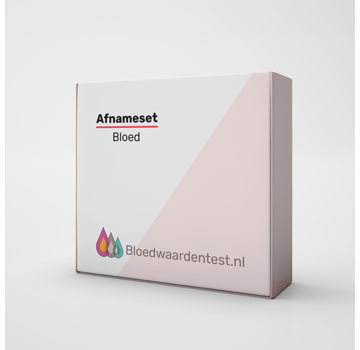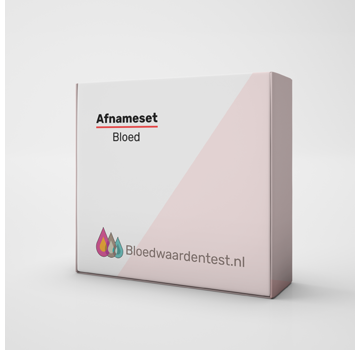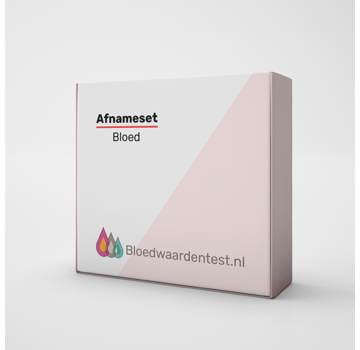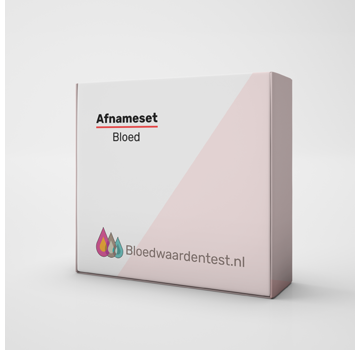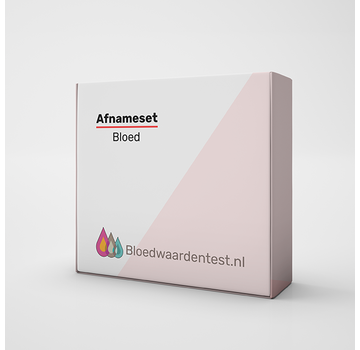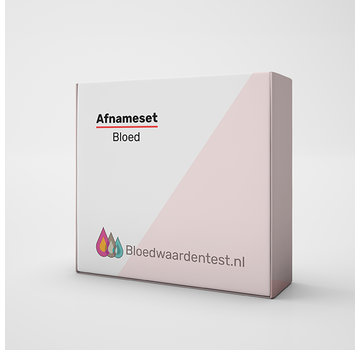Diseases
Blood tests for disease prevention and early detection. Identifies risks, promotes early treatment and improves quality of life.
Varizella zoster virus IgM
Varicella-zoster virus (HHV-3) IgM at initial infection (serum). Shingles results from local reactivation of varicella-zoster virus.
€ 45,-
IgG2
IgG2 plays a crucial role in the immune response, especially in protection against bacterial infections.
€ 39,-
IgG1
The IgG1 test measures the level of Immunoglobulin G subtype 1 in the blood. IgG1 is an important part of the immune system and plays a crucial role in the defense against infections
€ 39,-
IgG3
IgG3 is an antibody that plays an important role in the immune response, particularly in protection against bacterial and viral infections
€ 39,-
Light chain Lambda (free)
The Free Light Chain Type Lambda Test is used for the diagnosis and monitoring of monoclonal gammopathies, light chain amyloidosis and light chain deposition disease,
€ 39,-
G-CSF
Gamma-aminobutyric acid (GABA) tests are used for neurological and psychiatric research, including the study of epilepsy, mood disorders, and addiction, as well as in pharmacological studies to evalue the efficacy of GABA-targeted drugs
€ 97,-
B2M
The beta-2-microglobulin test is used for prognosis and monitoring of lymphoid cancers such as non-Hodgkin lymphoma and multiple myeloma, detection of rejection after bone marrow transplantation, evaluation of HIV progression and renal failure.
€ 39,-

Antibodies blood test
We can often determine an infection by a blood test. A blood test will determine whether there are any antibodies in the blood. This is because the human immune system produces antibodies to fight the virus.
Blood tests can help detect and diagnose various diseases and conditions such as:
- Diabetes: Blood glucose measurements can diagnose and monitor diabetes.
- Anemia: Measuring hemoglobin and iron levels can identify anemia.
- Liver disorders: Liver enzymes and bilirubin levels can reveal liver problems.
- Infections: Detecting infection-related markers, such as white blood cells and C-reactive protein, can help diagnose infectious diseases.
- Kidney disease: Creatinine and urea levels in the blood can signal kidney problems.
- Heart disease: Lipid profiles can assess the risk of cardiovascular disease.
- Autoimmune diseases: Specific antibodies and inflammatory markers can reveal autoimmune diseases.
Blood tests to detect diseases before you have symptoms are often used preventively or as a screening tool.
What does this make sense for?
- Early detection: Some diseases can be difficult to recognize early on because of the lack of symptoms. Blood tests can identify subtle abnormalities in markers or substances that may indicate incipient disease. Early detection can increase the likelihood of successful treatment or be reversed through lifestyle modification.
- Risk assessment: If you are at increased risk for certain conditions because of genetic factors, family history or lifestyle, preventive blood tests can help identify potential problems before they develop so you can make timely lifestyle adjustments.
- Preventive measures: Early detection of risk factors, such as elevated cholesterol levels, can lead to preventive measures such as diet and lifestyle modifications, reducing the risk of cardiovascular disease.
- Monitoring chronic conditions: For people with chronic conditions such as thyroid, diabetes or kidney disease, regular blood tests can help manage the disease and prevent complications.
- Quality of life: Early detection and treatment can improve quality of life and reduce treatment costs by preventing serious complications. This can ensure longer healthy lives.
Preventive blood tests are usually performed based on guidelines and recommendations from health care professionals, taking into account the person's individual risk factors and medical history. It does not guarantee detection of all diseases, but it can be a valuable tool for early detection and prevention. Discussing preventive blood testing with a physician can help determine which tests are appropriate based on individual circumstances.
you can request a consultation for this: with our lifestyle doctor: telephone-consult-doctor-gael-smits.html
or with the colon therapist: /consult-bowel therapist-dr-ir-schantl.html

